Sizzling Secrets: How to Spice Up Your Fajita Beef Like a Global Flavor Guru
When it comes to global flavor, few dishes capture the essence of bold spice and sizzle quite like fajita beef. Whether you're hosting a casual taco night or experimenting with international flavors in your kitchen, mastering the perfect blend of spices for your fajita beef can take your culinary game from basic to brilliant.
Table of Contents
- A Taste of Tradition: The Origins of Fajitas
- The Spice Breakdown: What Makes Fajita Beef Special?
- 5 Pro Tips to Level Up Your Fajita Beef Game
- Global Twists on Fajita Beef: Spice Blends Around the World
- Buying Guide: Best Spices and Tools for Sizzling Success
- Conclusion: Sizzle Your Way into Flavor Paradise
A Taste of Tradition: The Origins of Fajitas
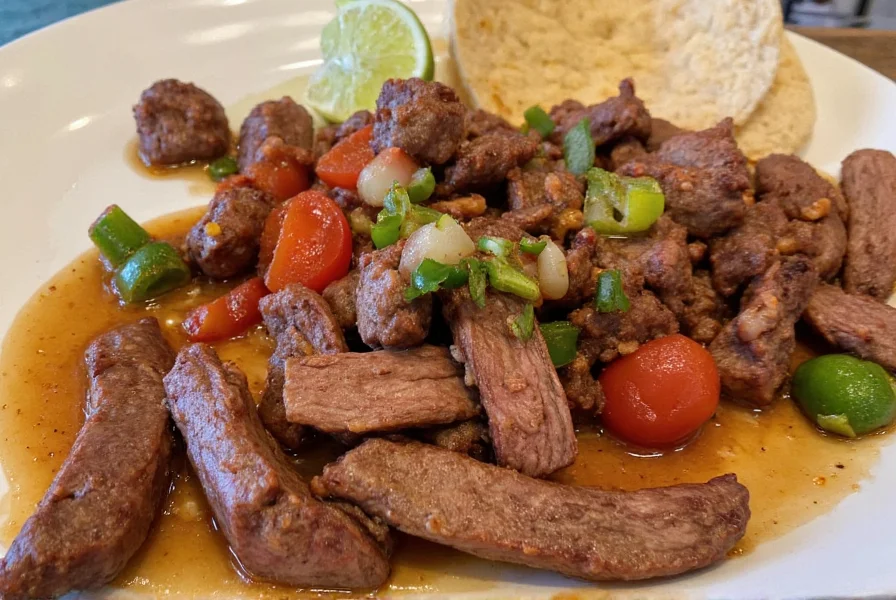
Fajitas trace their roots back to the ranches of Texas-Mexico borderlands, where cowboys often cooked up skirt steak over open flames. The word "fajita" itself refers to the cut of meat—specifically, the flavorful but chewy skirt steak.
Over time, this humble dish evolved into a global sensation. Now, chefs and home cooks alike are spicing things up with innovative twists that draw inspiration from cuisines across continents. But at its heart? It's still all about that sizzling plate of fajita beef.
The Spice Breakdown: What Makes Fajita Beef Special?
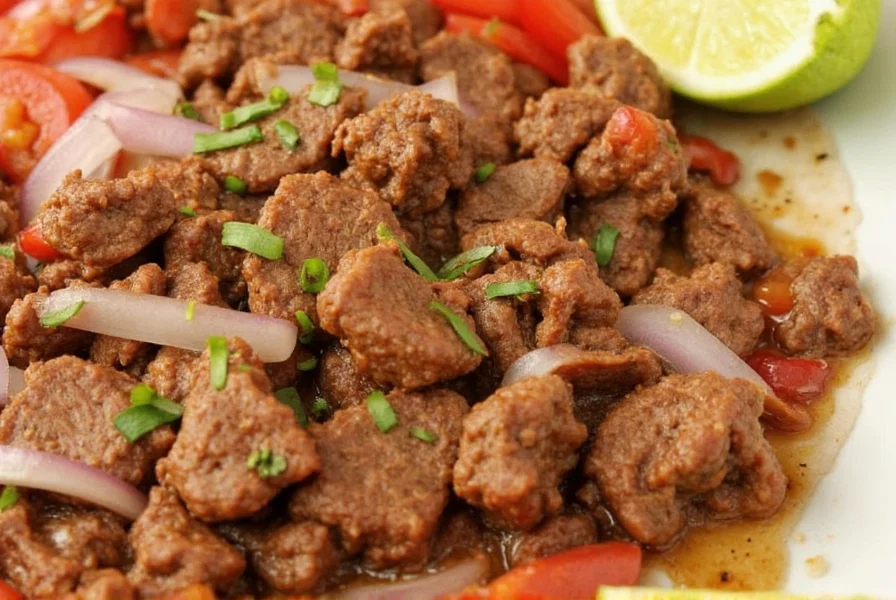
The magic of fajita beef lies not just in the cut of meat but in the spice blend used to season it. Traditional Tex-Mex recipes rely on a balance of earthy, smoky, and slightly spicy notes. Here's a breakdown of the essential spices:
- Cumin – Earthy backbone
- Smoked Paprika – Smoky depth
- Chili Powder – Mild heat and color
- Garlic Powder – Savory punch
- Onion Powder – Sweet umami boost
- Dried Oregano – Herbal lift
- Salt & Black Pepper – Basic seasoning foundation
To keep the flavors vibrant and aromatic, always use fresh, high-quality ground spices. For an extra kick, many chefs add a splash of lime juice or a dash of cayenne pepper before searing.
5 Pro Tips to Level Up Your Fajita Beef Game
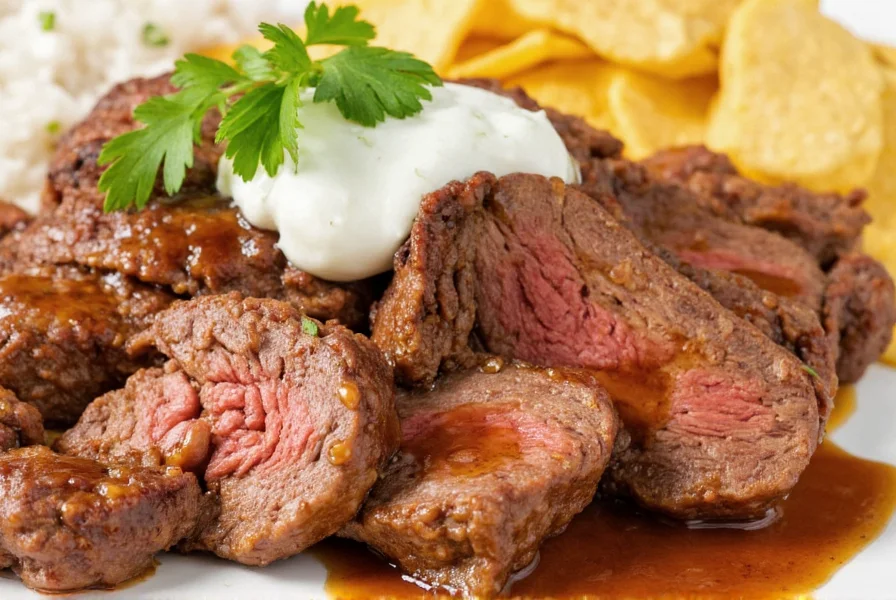
- Use the Right Cut: Skirt steak is traditional, but flank steak works too. Both are lean and full of flavor when marinated properly.
- Marinate Smartly: Let your beef sit in the spice mix for at least 30 minutes. For deeper flavor, refrigerate overnight.
- Preheat Your Pan: Use a cast-iron skillet and get it hot before adding the meat. This ensures a beautiful sear and sizzle.
- Slice Thin, Slice Right: Always slice against the grain after cooking to maximize tenderness.
- Add Colorful Veggies: Bell peppers and onions are classics, but don't be afraid to toss in zucchini or mushrooms for extra texture.
Global Twists on Fajita Beef: Spice Blends Around the World
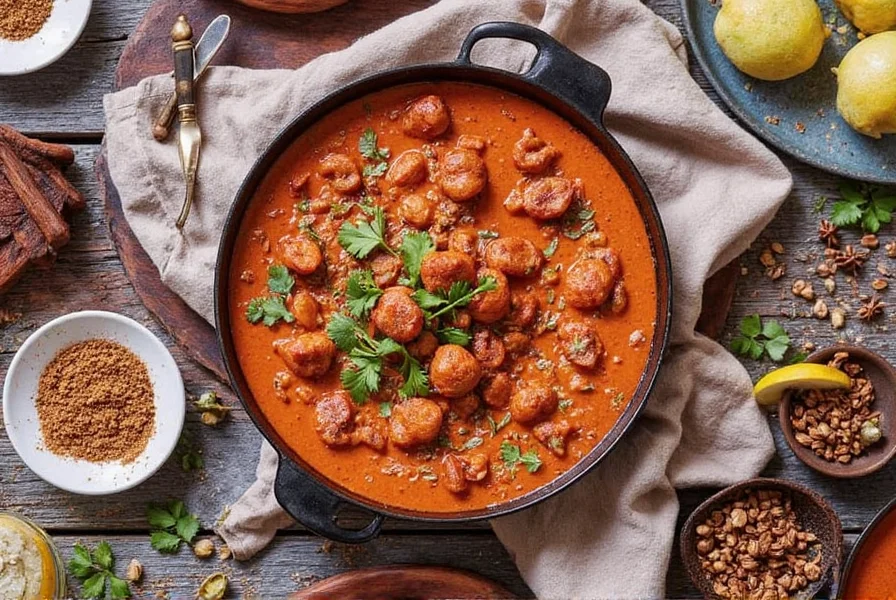
| Region | Spice Blend | Flavor Profile | Best For |
|---|---|---|---|
| Mexico | Texas-style (cumin, paprika, chili powder) | Earthy, smoky, mild heat | Classic fajitas |
| India | Garam masala, turmeric, coriander | Warming, floral, deep | Indian-inspired tacos |
| North Africa | Ras el hanout, cumin, cinnamon | Spiced, sweet, complex | Grilled wraps and tagine bowls |
| Korea | Gojuchang, sesame oil, garlic | Sweet, spicy, savory | Buldak-style fajitas |
| Japan | Shichimi togarashi, soy sauce, ginger | Umami, tangy, fiery | Teriyaki fusion fajitas |
Experimenting with these global spice blends can open up a whole new world of flavors. Try using garam masala instead of cumin next time for an Indian twist, or go wild with Korean gochujang for a sticky, spicy version of fajita beef.
Buying Guide: Best Spices and Tools for Sizzling Success
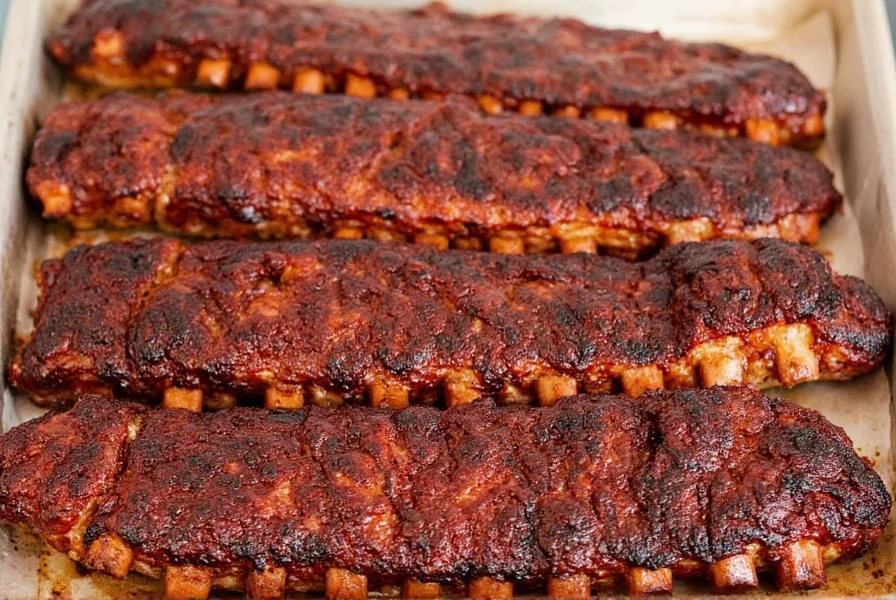
If you're serious about mastering fajita beef, having the right ingredients and tools is key. Here’s our curated list of must-have products to elevate your game:
- Cast-Iron Skillet: Holds and distributes heat evenly, giving you that perfect sizzle every time.
- High-Quality Cumin: Look for whole cumin seeds if you want to grind your own for maximum freshness.
- Smoked Paprika: Adds a deep, rich flavor that mimics outdoor grilling.
- Organic Chili Powder: Go for blends without fillers for pure spice impact.
- Meat Thermometer: Ensures your beef reaches the ideal internal temperature (135°F for medium-rare).
Top Picks for Fajita Enthusiasts
| Product | Features | Advantages | Best For | Occasion |
|---|---|---|---|---|
| Staub Cast Iron Skillet | Enamel-coated, retains heat, oven-safe | Perfect sear, even heating, easy cleanup | Professional and home chefs | Everyday use or dinner parties |
| Penzey's Spices – Ground Cumin | 100% pure, no additives, strong aroma | Fresh flavor, consistent quality | Seasoned cooks and beginners | Cooking classes or gourmet gift baskets |
| La Flor Spanish Smoked Paprika | Rich, smoky flavor, natural drying process | Authentic taste, premium grade | Tex-Mex lovers and foodies | Backyard BBQs or restaurant kitchens |
| ThermoPro Digital Meat Thermometer | Fast read, waterproof, wide temp range | Accurate doneness, prevents overcooking | Home chefs and grill enthusiasts | Weeknight meals or weekend cookouts |
| Trader Joe's Organic Chili Powder | Clean label, affordable, versatile | Budget-friendly, widely available | Beginners and families | Quick weeknight dinners |
Whether you're shopping for yourself or picking out gifts for fellow spice lovers, investing in high-quality tools and seasonings makes all the difference. You’ll not only improve your results but also enjoy the cooking process more.
Conclusion: Sizzle Your Way into Flavor Paradise
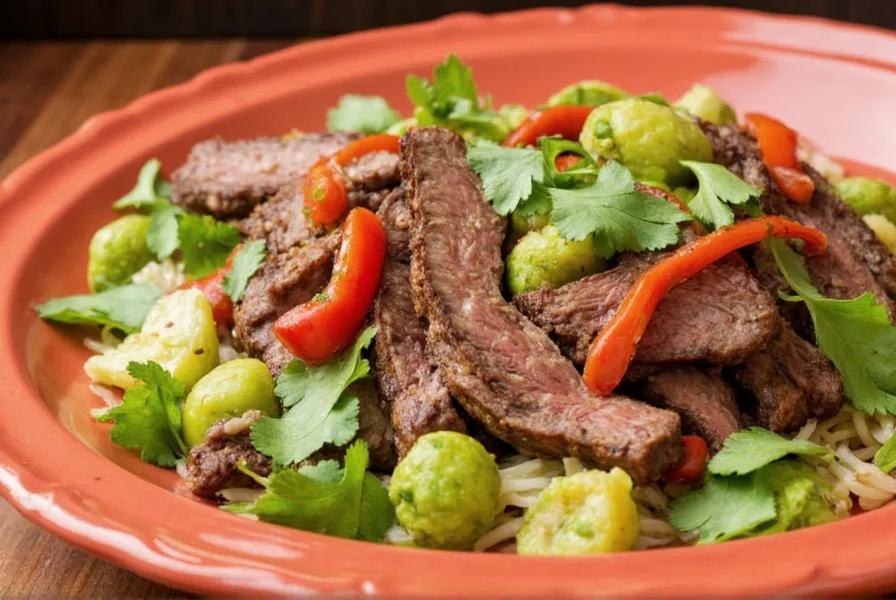
From its rustic origins on the Texas frontier to its modern-day status as a global flavor favorite, fajita beef continues to captivate palates around the world. By understanding the role of spices, mastering simple techniques, and experimenting with global variations, you can bring restaurant-level flavor to your own kitchen.
Remember: the best fajitas start with great ingredients, a hot pan, and a little creativity. So grab your cast iron, dust off those spices, and get ready to sizzle your way into flavor paradise—one plate at a time!

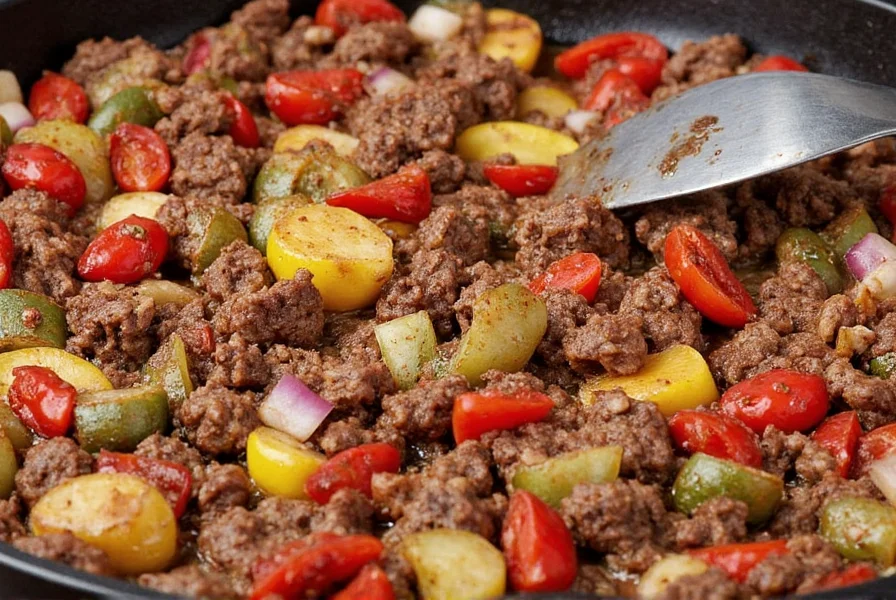









 浙公网安备
33010002000092号
浙公网安备
33010002000092号 浙B2-20120091-4
浙B2-20120091-4